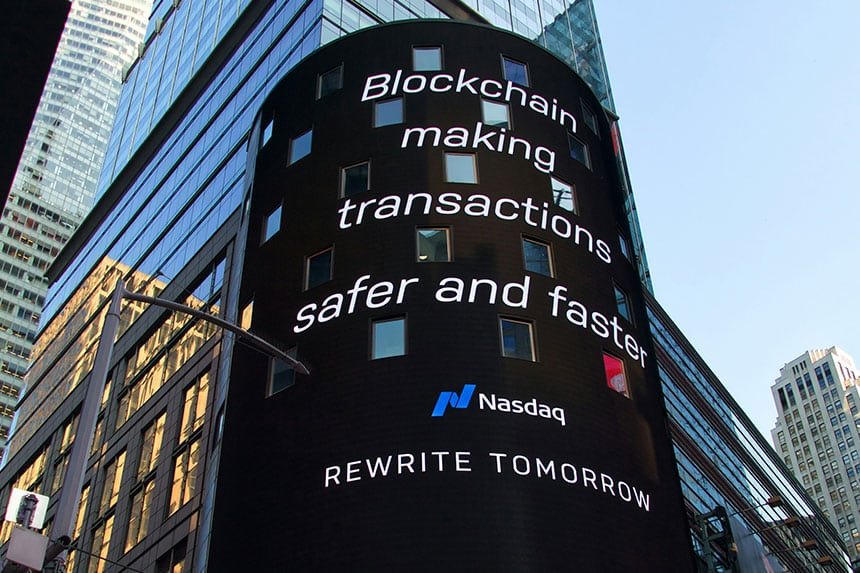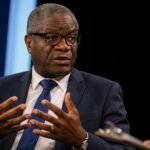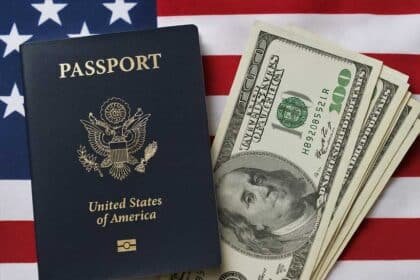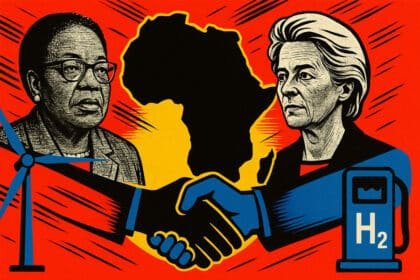A Crypto Push with Geopolitical Implications
The UK-based crypto exchange Blockchain.com’s decision to deepen its presence in Africa goes far beyond market opportunity. By entering countries like Nigeria, Ghana, Kenya, and South Africa—all of which are moving toward clearer regulatory frameworks—the company is executing a geo-economic strategy with diplomatic undertones.
According to Owenize Odia, General Manager for Africa, the upcoming office in Lagos reflects Blockchain.com’s commitment to supporting local digital asset ecosystems through infrastructure, engagement, and talent development.
Nigeria: Ground Zero for Crypto Momentum
Nigeria, Africa’s most populous nation and a global leader in crypto adoption, is a natural entry point. The government has begun reforming its regulatory approach, and the country is rapidly becoming a strategic hub for digital finance.
Blockchain.com’s arrival could not only boost local innovation but also influence regional regulatory norms and catalyze broader digital finance diplomacy across West Africa. In that sense, crypto is no longer just a financial tool—it’s a channel for influence and international engagement.
Regulation and Digital Sovereignty: A Diplomatic Balancing Act
Africa’s growing blockchain ecosystem exists within a delicate diplomatic equation. On one hand, governments seek to harness the economic benefits of crypto. On the other, they must guard against digital dependence and ensure their sovereignty over data and infrastructure.
Blockchain.com’s move raises questions around data governance, legal harmonization, and the ability of African states to negotiate fair frameworks that protect national interests while fostering innovation.
Crypto as a New Pillar of Economic Diplomacy?
As BRICS nations explore alternatives to the dollar and tech diplomacy becomes a global priority, crypto is emerging as a new form of soft power. With its local presence, Blockchain.com is positioning itself not just as a fintech player, but as a potential stakeholder in shaping Africa’s financial policies.
This suggests that African governments may need to rethink their economic diplomacy—one that embraces emerging technologies without falling into a new cycle of dependency.
Blockchain.com’s expansion into Africa reflects a deepening reality: 21st-century diplomacy isn’t just conducted between states—it also involves platforms, protocols, and digital infrastructures. For African nations, the challenge ahead is clear: turn this tech momentum into true strategic sovereignty.

















